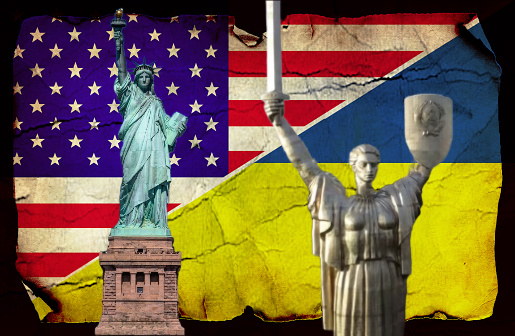
Glory to the Heroes Blog
Heavily Penalized – Stories Lacking the Flawed Alter Ego
Introduction
Hello Story-Fans. This blog series will cover a major penalty of modern story telling.
The Alter-Ego Holding Penalty.
In 1903, in a small theater in Nottingham, England a stage play opened which would launch a new mythology into the mind of popular culture. Set in the early stages of the French Revolution in 1792, the play is about a daring English swordsman who rescues individuals sentenced to death by the guillotine. This hero is a master of disguise, an imaginative planner, and a quick-thinking escape artist. With each rescue he taunts his enemies by leaving behind a card showing a small flower—a scarlet pimpernel. To hide his true identity, as the Scarlet Pimpernel, Sir Percy Blakeney presents himself in everyday life as a dim-witted, foppish playboy. Sound familiar?
That’s because Baroness Emma Orczy’s play (and later series of novels) would go on to inspire heroes like Zorro, The Shadow, Batman, Superman, and so many other heroes with an alter ego. These “Super Heroes” would not only capture the imagination of popular culture, they would time and again find ways to break or even reverse the patterns of classical mythology. Thus, this discussion assumes some knowledge of Joseph Campbell’s model of the hero’s journey as outlined his famous work, The Hero with a Thousand Faces.
It is important to disclaim; scholars agree the superhero has become in many ways our modern version of mythological figures. A few of them, like Marvel’s Thor, are even lifted directly from those ancient poems and legends. In Campbell’s model, the hero of myth could cross the threshold of the normal world into the supernatural world and would never return until the journey was complete. Marvel’s Captain America fits this mold nicely.
But Baroness Orczy added something special to myth. Now a potential “Hercules” could hide and live as a regular man. A Prometheus could escape his punishment from the Gods by disguising himself so no one would know where to find him. Plenty of Gods had disguised themselves as mortals before, but hardly ever to live two different lives for long. Usually it was either to manipulate some poor soul as a trickster, or to get busy with a mortal woman and then ghost her. (Looking at you, Zeus).
In this new mythology, the hero could cross the threshold into the supernatural and return to the normal world at will. Arguably, the best “Superhero” stories explore the consequences of breaking the Campbellian mold—the conflict created by attempting to find balance between the ego and the alter-ego. And many authors, from those seeking to debut to big budget million-dollar modern superhero movies, get this conflict terribly wrong. Over the next few weeks, we will be looking at the right way and the wrong way to create a juxtaposition between the hero and his alter ego, and there is no one better to begin with than the last son of Krypton, Superman.
Week 3 – She-Ra and He-Man - The Naïve and the Lazy
Week 4 – Spiderman – The Jerk




